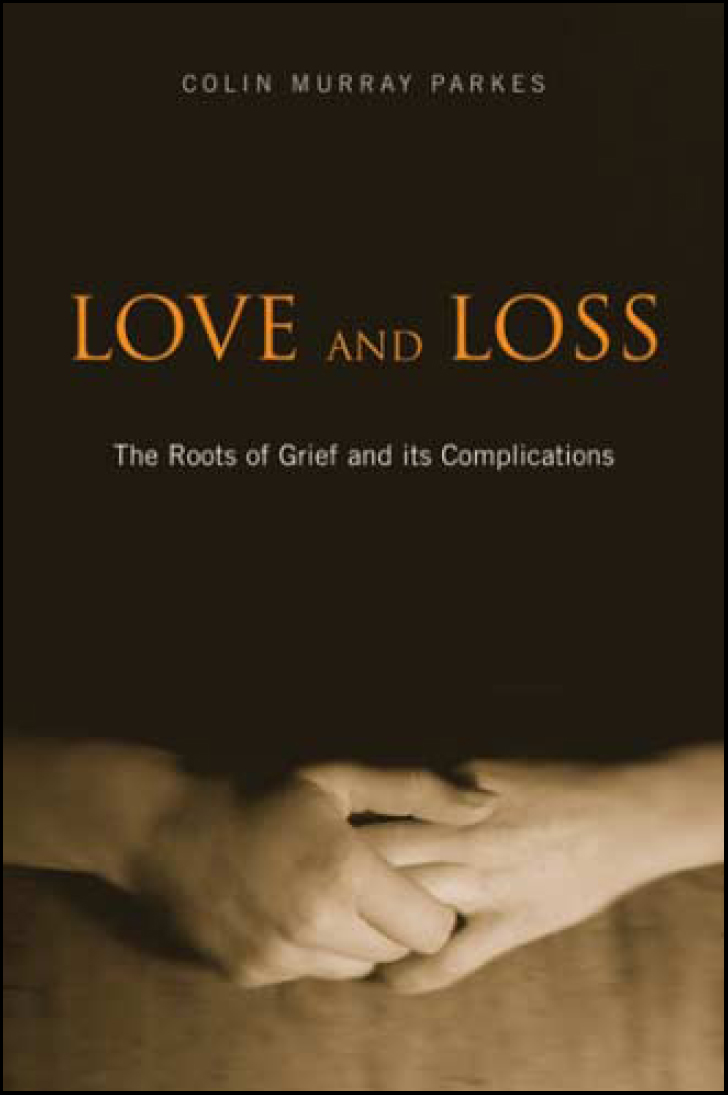
Colin Murray Parkes’ seminal book Bereavement: Studies of Grief in Adult Life, published in 1972, provided us with acutely observed accounts of women's response to the untimely death of a spouse. The book became a classic. More than 30 years later Love and Loss provides further rich insights into the reactions of those who are bereaved. The ideas that Colin Murray Parkes knits together go beyond description to propose an explanation, rooted in attachment theory, for the nature of complicated responses to bereavement. The thinking expounded here is destined to become part of the accepted fabric of those working in this field and will undoubtedly prompt continuing debate and further research.
The volume takes the reader, step by step, on a journey that provokes us to consider the complex connections between childhood attachment patterns, parental nurturance, intimate relationships between adults and responses to bereavement. The combination of Parkes’ own research data, clinical case examples and ideas from the wider body of knowledge make for a multi-faceted and full-bodied text. The clinical examples bring the ideas to life, demonstrating lifespan and intergenerational influences, and make these transparent for the professional and non-professional reader alike.
The author does not flinch from venturing into sensitive areas. Not only is it tricky to research the grief of bereavement but this volume also threads its way into the labyrinths of love. The material is conveyed with characteristic compassion and reflexivity. The writing demonstrates tremendous respect for those whose early life experience distorts their ability to trust and leaves them struggling in the wake of loss.
The research study at the centre of the book has limitations in its sample and methodology. Standardised measures of attachment, grief and psychiatric symptomatology would have enhanced the validity of the results. Some of the novel messages of the book are based more on conviction drawn from thoughtful analysis and clinical experience rather than being fully supported by valid research data. However, this is the very delight of this volume. Parkes has an unequalled store of knowledge and experience. His thinking continues to develop and he has a wide overview of the territory. The book deserves to be read not for watertight evidence-based conclusions but for inspiration from the insights that can only come from open-minded analysis of extensive clinical experience.



eLetters
No eLetters have been published for this article.